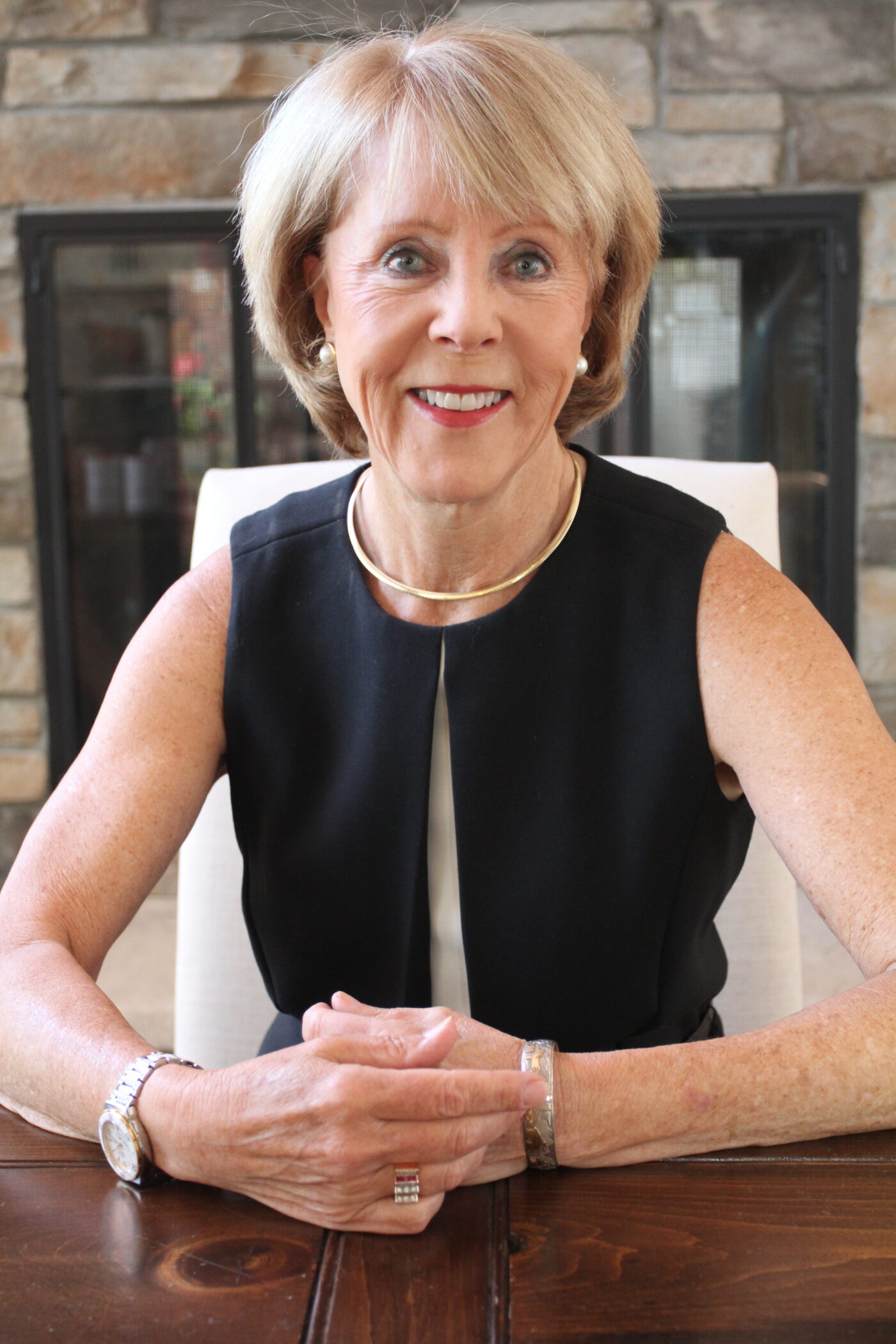Sellers Gain Some Heft as Listings Thin
Slower market calls for a clever selling strategy
(The article below is excerpted from The Globe and Mail, December 7th, 2018. Collingwood / Blue Mountains tends to follow trends set in the Big Smoke, which makes articles like this relevant, but we remain a niche attracting wealthy retirees and investors and a growing commercial need to serve them.)
For Sellers in the Toronto-area real estate market, setting a tantalizing asking price is a crucial piece of strategy. Real estate agent Ira Jelinek of Harvey Kalles Real Estate Ltd. says a newly built house was first listed with an asking price of $1.99-million. When the price was reduced to $1.89-million, the listing showed up in an online search and Mr. Jelinek quickly booked a showing for his clients who had been searching for more than a year and then negotiated a deal for $1.875million. “In that pocket, there’s been a little correction,” Mr. Jelinek says but having some bargaining power spurred the buyers to make a move. “Anything with an eight in it is attractive compared with the psychological barrier of $2-million,” he says.
Mr. Jelinek says house and condo owners are continuing to list properties even in the holiday season. In some cases, people don’t mind listing now because there are fewer competing properties for sale. If there are no comparable properties on the market in a certain neighbourhood pocket or building, Mr. Jelinek says, the seller may have an advantage. Listings have been thin, which means buyers still often compete for a desirable property, and sales and prices have stabilized in some areas and risen in others.
Looking ahead to 2019, Mr. Jelinek expects the market to continue at a steady pace. Most potential buyers are aware of interest rate movements and they will be keeping an eye on the Bank of Canada‘s policy-setting meeting in January. House hunters also monitor losses in the stock market and economic jolts such as the closing of the General Motors plant in Oshawa, Ont., that will likely see 2,500 workers lose their jobs.
A rate hike may create a little more hesitancy in buyers and sellers, he says, but he expects the Toronto-area market to remain balanced. At Capital Economics, senior Canada economist Stephen Brown believes the Bank of Canada could make a serious policy mistake if it raises interest rates too drastically. Mr. Brown says third-quarter data show that consumer spending growth slowed. In additional bad news for the household sector, the household saving rate since 2016 was revised lower.
Mr. Brown cautions that households as a whole are taking on debt faster than they are paying it off. While that trend has been sustained for 16 years, Mr. Brown cautions that it can’t last forever. If the Bank of Canada continues to raise rates, households might struggle to cover their interest payments, and he thinks this will be a worry for central bank officials. As a result, he believes that interest rates will peak at a lower level than markets expect and the Bank of Canada will be forced to reverse course next year.
The Globe and Mail
December 7th, 2018
Page: H3
Section: Real Estate




